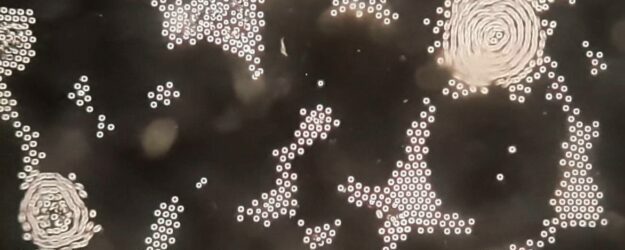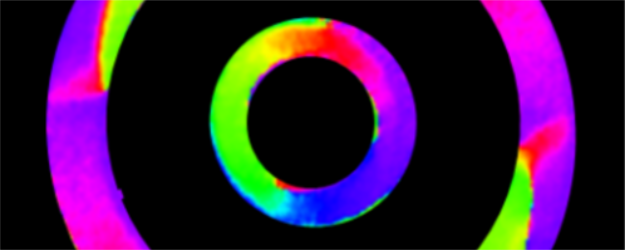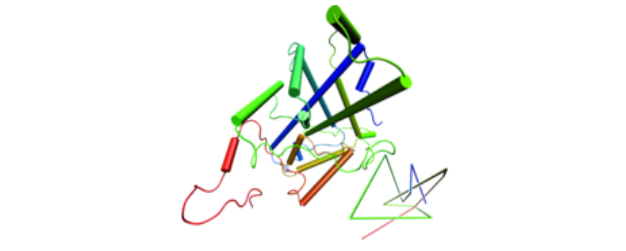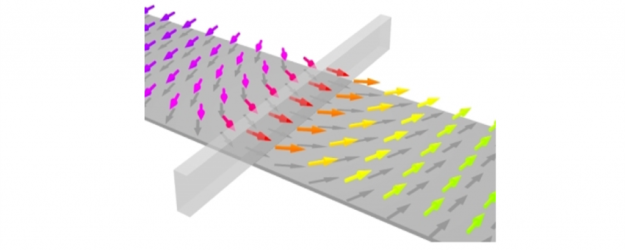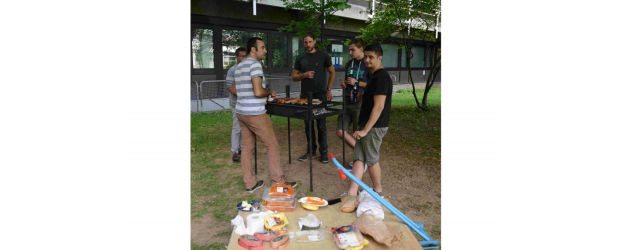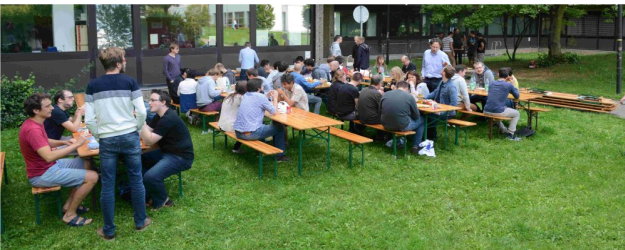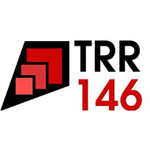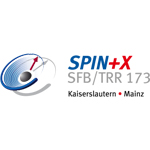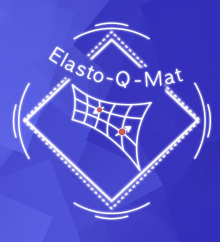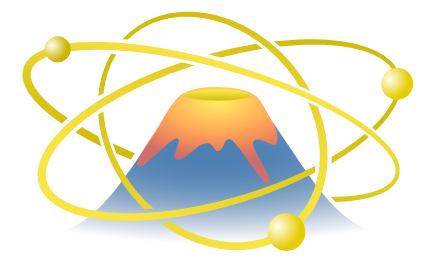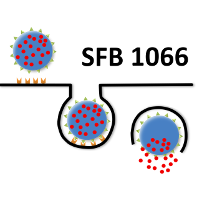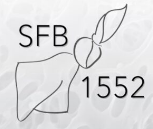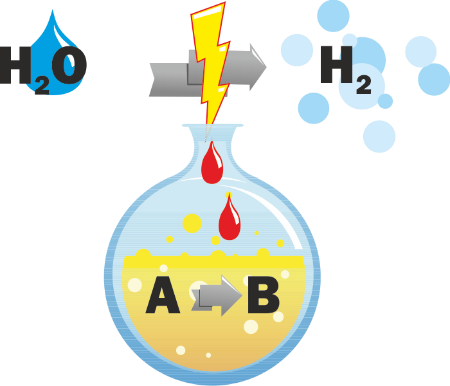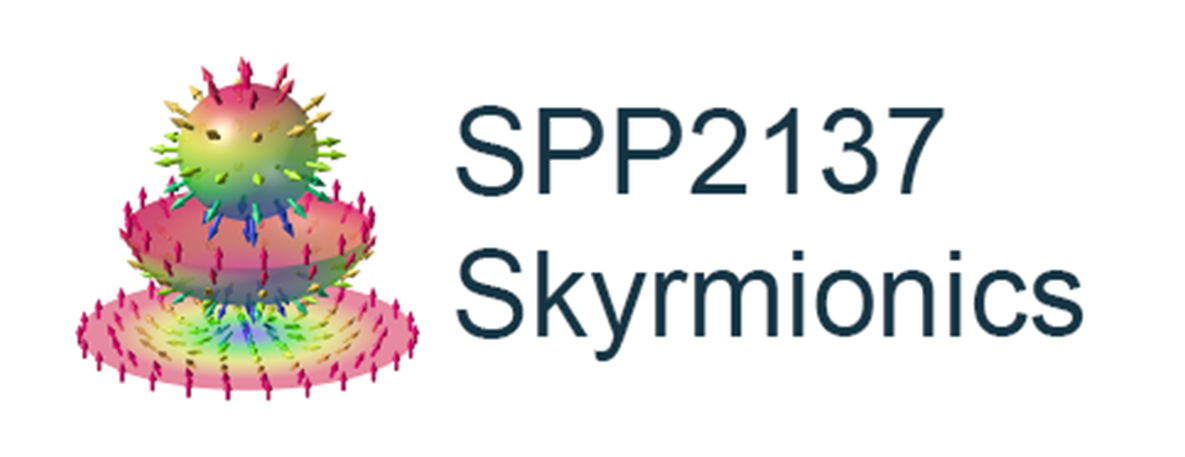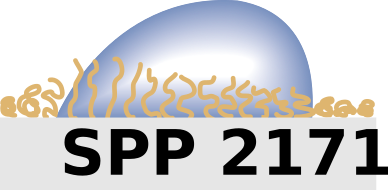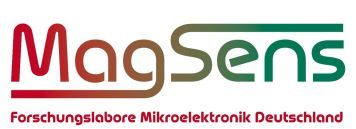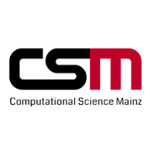Research in Condensed Matter Physics at JGU Mainz covers a wide range of areas ranging from strongly correlated electron systems, superconductivity, magnetism, spintronics to surface science, ultrafast phenomena to soft matter science, biological physics, and statistical physics at equilibrium and nonequilibrium. We are involved in the undergraduate programs in Physics and Computational Sciences.
If you are interested in carrying out research in Mainz as a PhD student, postdoctoral researcher, or visiting scientist, please contact one of our faculty members.
Research Areas and Research Groups |
||||
Theory |
||||
 Statistical physics and soft matter theory Statistical physics and soft matter theory |
 Interdisciplinary spintronics (INSPIRE) Interdisciplinary spintronics (INSPIRE) |
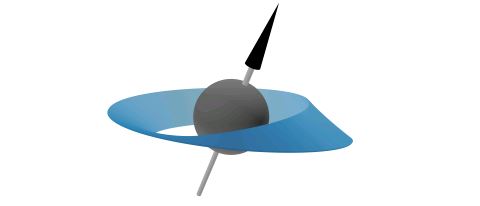 Topological nanoelectronics Topological nanoelectronics |
||
Experiment |
||||
 Novel materials Novel materials |
 Magnetism Magnetism |
 Microscopy & spectroscopy Microscopy & spectroscopy |
||
 X-ray scattering X-ray scattering |
 Ultrafast phenomena Ultrafast phenomena |
 Spin physics Spin physics |
||
Our research is supported by a number of coordinated research centres including the Collaborative Research Centres TRR 146, Spin+X, ELASTO-Q-MAT, QuCoLiMa, SFB 1066, CRC 1551,CRC 1552, the research training group GRK 2516, the DFG research unit UNODE, the DFG priority programs Graphene, FFlexCom, Skyrmionics, Microswimmers, and Dynamic Wetting of Flexible, Adaptive, and Switchable Substrates" , the Carl Zeiss Center Emergent Algorithmic Intelligence, the BMBF Center MagSens , the European Training Network MagnEFI, the EU-funded FET-OPEN projects A-SPIN and S-Nebula, and the state - funded research centres TopDyn, Model, and MPGC (joint funding with Max Planck Society).
We host the Spin Phenomena Interdisciplinary Center (SPICE), are part of the Center for Computational Sciences in Mainz and are local JGU host of the CECAM node Soft Matter and Statistical Physics (CECAM-DE-SMSM).
